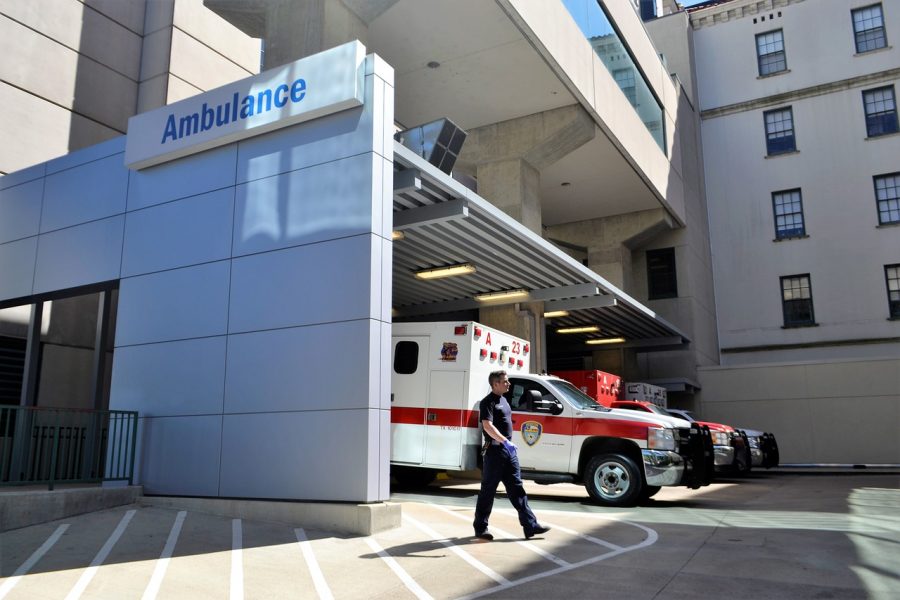First responders deserve better mental health resources
December 11, 2021
On a daily basis, first responders like police officers, firefighters and emergency medical services workers see some of the most traumatic events that life has to offer. They are the first people on scene in an emergency and they are constantly in harm’s way, yet their mental health has been undervalued.
While physical health is important to maintain, it can be easily seen and understood. Mental health, on the other hand, is overlooked and sometimes not inspected post-hire.
The news cycle is routinely filled with reports of first responders committing suicide. This is because they have learned over time to hide their emotions until at one point, it overcomes them.
In a 2020 survey of police officers, Police1 found that “47% of the sample screened positive for PTSD, which is approximately 9 to 10 times greater than the prevalence seen in the general population. Further, 29% of the sample was in the moderate to very severe range of anxiety, which is approximately 2 times greater than the prevalence seen in the general population.”
Regardless of political values, it would be hard to imagine a civilization that doesn’t rely on first responders 24/7. These heroes consistently put their life on the line for the safety of society, yet their health is the last to be considered.
A poor mental state affects far more than the responder themselves; it affects how they may interact with others. With the health and safety of citizens dependent on these first responders, their physical and mental health is of utmost importance.
The challenges of working in the COVID-19 pandemic do not help the mental health of those on the front lines. Instead, it creates another reason to emphasize the wellness of first responders.
Alongside better mental health resources, first responders should be trained in proper ways to manage traumatic experiences and adapt to stressful situations.
“Only 55% of respondents had ever received any information or education about PTSD, and only 13% of respondents sought treatment for their symptoms. Astoundingly, though emergency service personnel experience prominently higher rates of post traumatic stress, there are no rigorously conducted trials for PTSD in this population,” the Journal of Emergency Medical Services found in a survey.
While it may be unknown to others around them why a first responder is struggling, the first responder must know that they are cared for and that their efforts are appreciated.
Mental health for all citizens is important and an emphasis should be placed on those that choose to spend their lives serving their community. Without first responders, members of society are powerless and at risk.
Instead of defunding police departments, money should instead be allocated toward increased training and proper mental health resources, an action that will prevent harm to both society and first responders.







